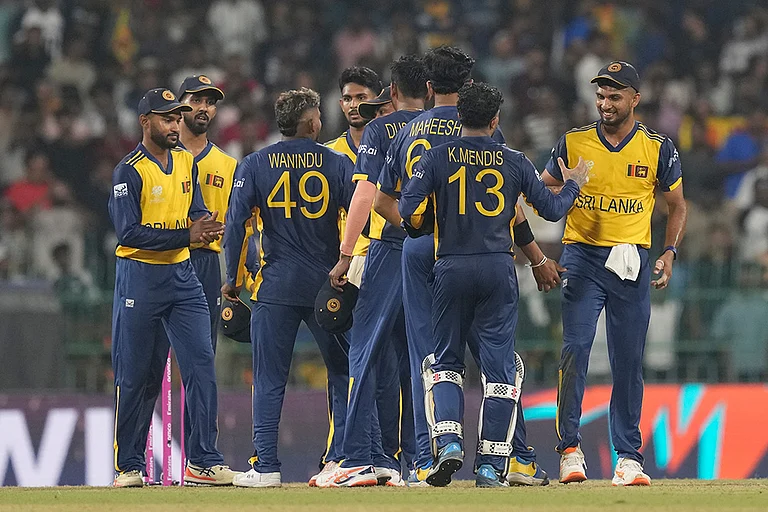On the CII statement: The CII has clarified amply that it's not against foreign direct investment (FDI) as such. My impression is that they want TNCs to be more cooperative and have greater understanding of their counterparts in India particularly as most of the flows are by way of joint ventures. My impression is that the CII wants greater transparency and non-discretionary guidelines in the approvals for FDI.
On a cap on equity holdings by TNCs: I do not think any kind of new capping on TNC equity holding is required. If at all, we need to take policy steps to be able to attract higher levels of FDI. At present, we'r e just getting around $2 billion as inflows while China is getting 20 times more and some smaller countries in the neighbour-hood five to 10 times more. As such, how does the question of restrictions or capping arise? We are living in a competitive world, and we have to create an attractive environment for investment and trade.
On TNCs muscling out Indian partners: I have not come across any conspicuous example which signals such danger. So why raise this bogey? Any such public discussion may only harm the cause of inviting FDI and technology. Raising such issues have already disadvantaged the country, like in the Kentucky Fried Chicken case.
On TNCs not being keen on long-term investments: When foreign investment comes to a country, it cannot be only for those investments which are in large doses and required for a long time, it will be a mixed menu. It is the Government's role to formulate policies and create an environment conducive to inflow of investment (domestic and foreign) in sectors which have long-term importance for growth and exports. This is what we have tried to do in India. Investments are coming for power as well as food processing, for telecommunications as well as tourism. Ours has been a good experience.
On TNCs palming off obsolete technology in India: I am not an expert on this. Now, with the kind of increased availability of quality goods, and the kind of plants being set up, say, in telecom, I get the impression that we have got a good bargain. However, I must caution the Indian entrepreneur, that while negotiating he should take care of the concern for state-of-the-art technology. In certain cases, such technology may be excessively cost -ly and perhaps inappropriate. The choice is left to the experts and entrepreneurs.
On transparency of Government policy towards TNCs: Having had a restricted regime for a long period and miniscule amount of FDI until liberalisation, the policies of the Government needed a revamp in restructuring the investment. This has been in progress, and in many sectors, notably telecommunications and power, such policies have been made clear. Recently, after the Enron experience, the policy in the power sector has been further reviewed and made transparent. But state-level policies leave much to be desired.
On the future role of TNCs in India: The FDI needs to double from the present level of actual inflows, which is about $2 billion. The Government's role is to sustain its liberal policies without discrimination.


























